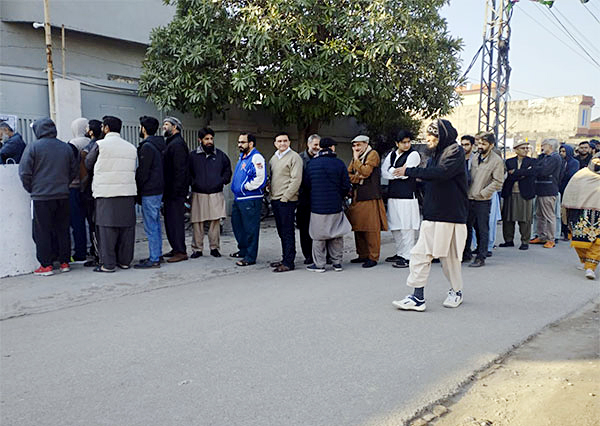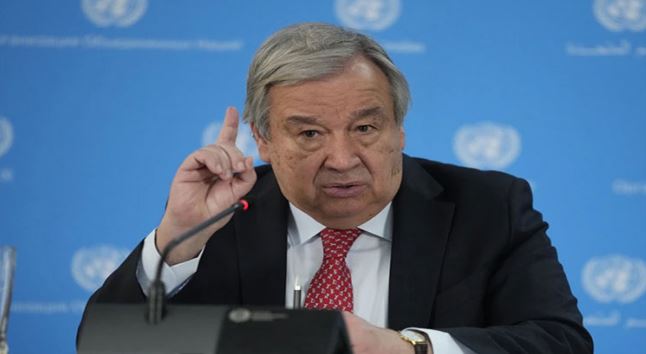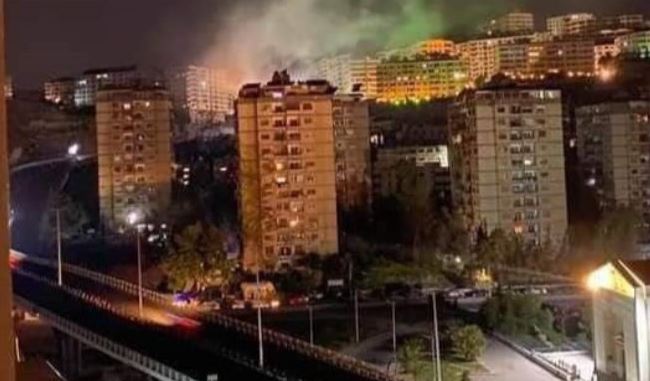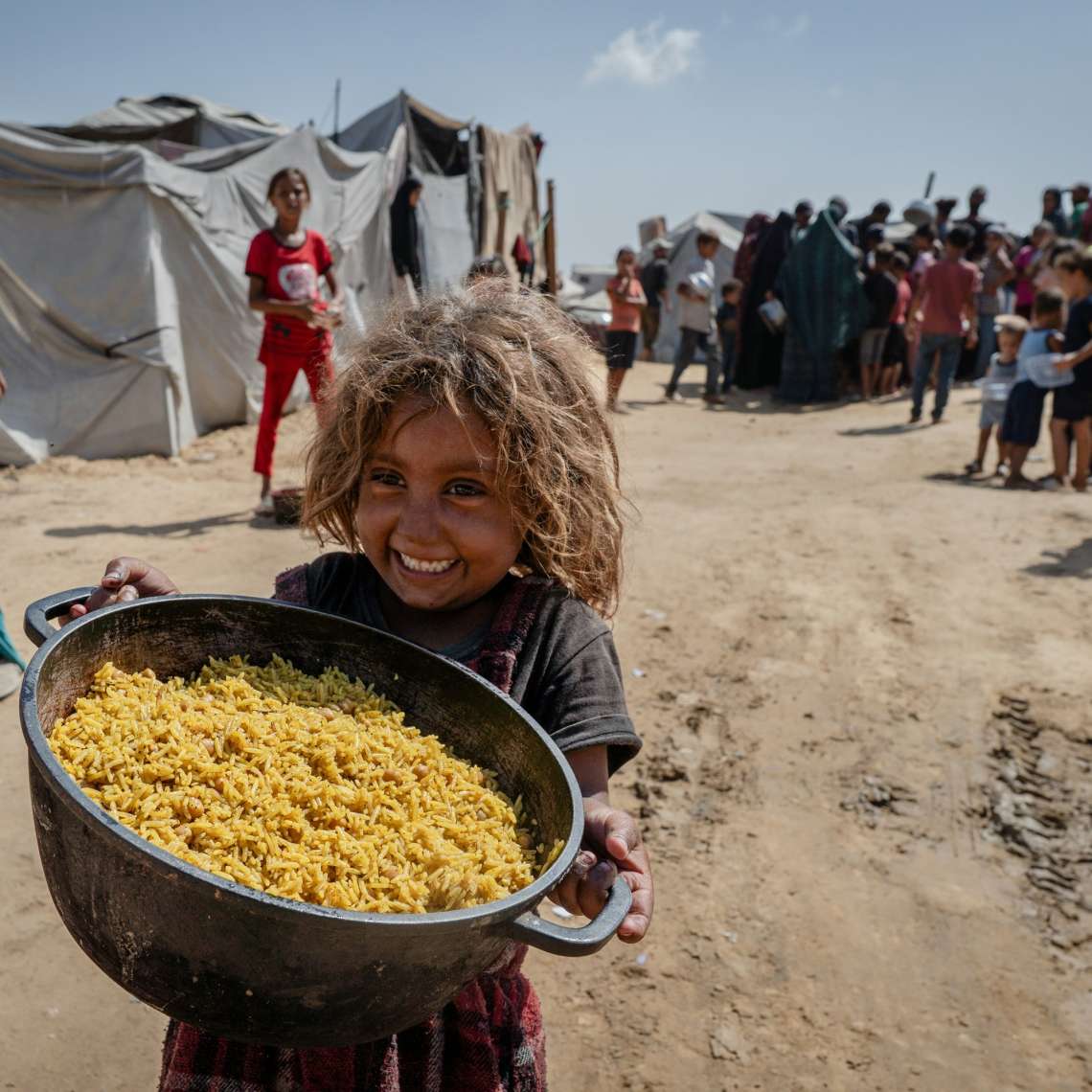Pakistan’s 2024 elections faced severe legitimacy challenges amid violence, blackout, and delayed results. Allegations of rigging, gender disparities, and historical malpractices create a volatile political landscape. The nation teeters on uncertainty with a close race, raising global concerns. The international community’s plea for calm highlights the elections’ wider impact. In this critical moment, Pakistan’s democratic resilience is at stake, demanding transparent resolution and the safeguarding of democratic principles. The outcome not only dictates a political shift but crucially tests the credibility of Pakistan’s democratic journey, emphasizing the need for integrity and transparency in the face of multifaceted challenges… writes Jalis Akhtar Nasiri
Pakistan’s general elections concluded on February 08 amidst controversies and violence. Voting, which began at 8 am and ended at 5 pm, was marred by allegations of rigging and voter suppression. Mobile phone and internet services were shut down throughout the country, prompting criticism from political parties. Women faced restrictions on voting in some places, while blasts near polling stations resulted in casualties.
The main legislative body of Pakistan, the National Assembly has 336 seats. Of these, 266 are directly elected by the people, while the remaining 70 are reserved seats. Sixty of the reserved seats are designated for women, and 10 are for non-Muslims, with parties receiving reserved seats based on their overall representation in the Assembly. Winning a majority in the Assembly requires securing at least 133 seats. However, many analysts predict that the upcoming election results may not produce a clear victor, leaving the possibility of a hung parliament.
A significant portion of the electorate is young, with nearly half of the 128 million registered voters being under 35 years old. This highlights the potential influence of this demographic in shaping the country’s future. However, a gender disparity was evident among the candidates vying for positions. While there were over 5,000 candidates in total, only 313 were women, raising concerns about female representation in Pakistani politics.
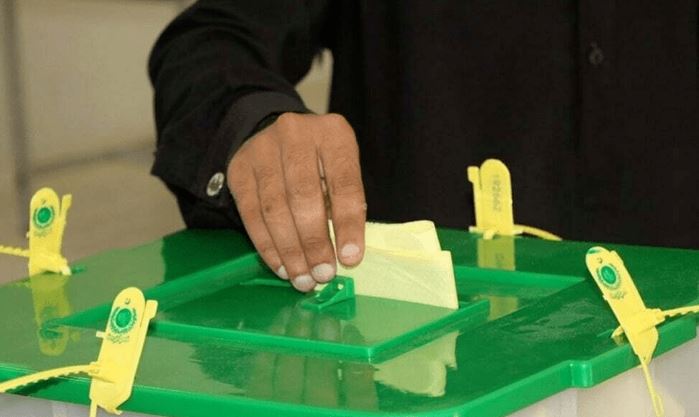
On February 08, just before voting began, both mobile phone calls and internet data services were abruptly cut across Pakistan. This sudden blackout had a significant impact on voters. Many in Lahore struggled to book taxis to polling stations, and families couldn’t coordinate voting times online. Politicians from various parties condemned the move, calling it a “cowardly act” that hindered voters and questioned its necessity. While Pakistan has previously restricted internet access to control information flow, such a widespread shutdown, especially during elections, was unprecedented.
The incidents of disruption and violence highlighted voter safety concerns and raised questions about the election’s legitimacy. Armed individuals blocked highways in Balochistan, checking vehicles and raising concerns about voter movement. Despite government assurances of heightened security, attacks on election offices and polling stations continued. Bombings in Pishin and Qila Saifullah claimed 25 lives.
Separatist groups like the Sindhudesh Revolutionary Army (SRA) vehemently opposed the elections, calling them a sham and tool for oppression. They specifically condemned support for religious extremist groups by the Pakistani government, claiming it threatens Sindh’s secular culture. The SRA warned of further attacks if such groups continued their activities.
The President of the Baloch American Congress, Tara Chand denounced the recent Pakistani elections on February 8th as “fraudulent” and rejected them on behalf of the Baloch people. He believes participating in these elections in Balochistan merely strengthens “Pakistan’s military operation” in the region, further solidifying the “state of oppression” endured by the Baloch community. He emphasizes that the Baloch people have definitively rejected this process and will not be complicit in legitimizing their continued subjugation.
Violence extended beyond Balochistan, with reports of Taliban attacks on female polling agents in Khyber Pakhtunkhwa. The Election Commission of Pakistan faced pressure to address security lapses and ensure a fair and peaceful voting process.
Pakistan’s recent elections are facing delays due to slow vote counting. The delay has led Imran Khan’s party, Pakistan Tehreek-e-Insaf (PTI), to accuse their opponents of trying to steal the will of the people. Despite claims of pre-election rigging and oppression, PTI insists that independent results show them winning by a landslide. They point to Form 45, a document used at each polling station to tally votes for each candidate, of which they claim to have copies. PTI raised concerns that delays in counting might be accompanied by manipulation of form 45.
Even ten hours after polling stations closed, results were still lagging. This delay prompted the country’s election commission to scramble late at night, urging polling officers to release the results as soon as possible. Concerns mounted as to the reason behind the slow pace, raising questions about the smooth running of the elections.
Pakistan’s election results are causing concerns due to a significant delay in announcements. Although polls closed over 17 hours ago, the Election Commission has only revealed 34 out of 266 results so far. This delay is raising suspicions, as voting in one constituency has even been postponed.
The early result, by the afternoon of February 09, shows a close race between the parties. The Pakistan People’s Party (PPP), Pakistan Muslim League-Nawaz (PMLN), and independent candidates supported by the jailed former Prime Minister Imran Khan’s party (PTI) are all running neck-and-neck. To prevent potential vote manipulation, Khan’s party has urged its supporters to remain at polling stations.
Amidst the tension, UN chief Antonio Guterres has called for Pakistan’s political and civil leaders to maintain a calm atmosphere to ensure a smooth and peaceful election process.
Despite holding 11 general elections, Pakistan’s democratic process has been plagued by accusations of manipulation and rigging. The 2018 election is believed by many to be the most unfair yet. Allegations included pre-poll manipulation, media censorship, pressure on politicians to switch parties, and the controversial crash of the Result Transmission System. The 1990 election saw the creation of an alliance specifically to counter Benazir Bhutto, the manipulation of voters through financial means, and character assassination campaigns. The Supreme Court later declared the election rigged. The 2002 election involved the creation of a new party by the military government, disqualification of key opposition leaders, and restrictions on who could contest. It marked a shift from behind-the-scenes manipulation to direct control. Still earlier, the ‘partyless’ 1985 election had banned existing political parties from fielding candidates, weakening them and damaging the overall electoral system. The 1997 election saw the state cracking down on the previous government and manipulating the playing field in favour of the chosen party, resulting in a landslide victory. These are just five examples, and nearly all Pakistani elections have faced accusations of manipulation, with varying degrees of severity. Analysts are concerned that these past malpractices may now be repeated or even surpassed.
Concerns about election interference were widespread in Pakistan, fuelled by the shutting down of the mobile phone network on voting day, supposedly for security reasons. Experts predicted low voter turnout among the 128 million eligible voters, attributing it to a lacklustre campaign hampered by the imprisonment of former Prime Minister Khan and legal restrictions on his party (PTI). These constraints included court rulings, rally bans, and harassment of party leaders. Rights activists suspected the mobile network shutdown aimed to conceal rigging, while the PTI accused authorities of delaying results to manipulate them. Both the PML-N and independent candidates backed by Khan have secured early wins, as results finally started trickling in on Friday morning, but questions about the election’s legitimacy persist.
Pakistan’s 2024 elections faced severe legitimacy challenges amid violence, blackout, and delayed results. Allegations of rigging, gender disparities, and historical malpractices create a volatile political landscape. The nation teeters on uncertainty with a close race, raising global concerns. The international community’s plea for calm highlights the elections’ wider impact. In this critical moment, Pakistan’s democratic resilience is at stake, demanding transparent resolution and the safeguarding of democratic principles. The outcome not only dictates a political shift but crucially tests the credibility of Pakistan’s democratic journey, emphasizing the need for integrity and transparency in the face of multifaceted challenges.
(Dr. Jalis Akhtar Nasiri is an eminent scholar and journalist who contributes articles on significant humanitarian issues)

